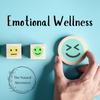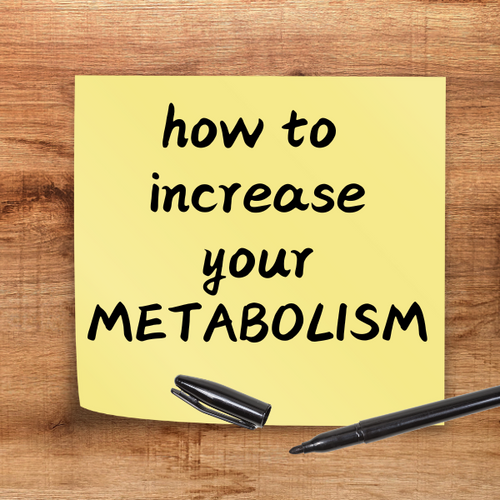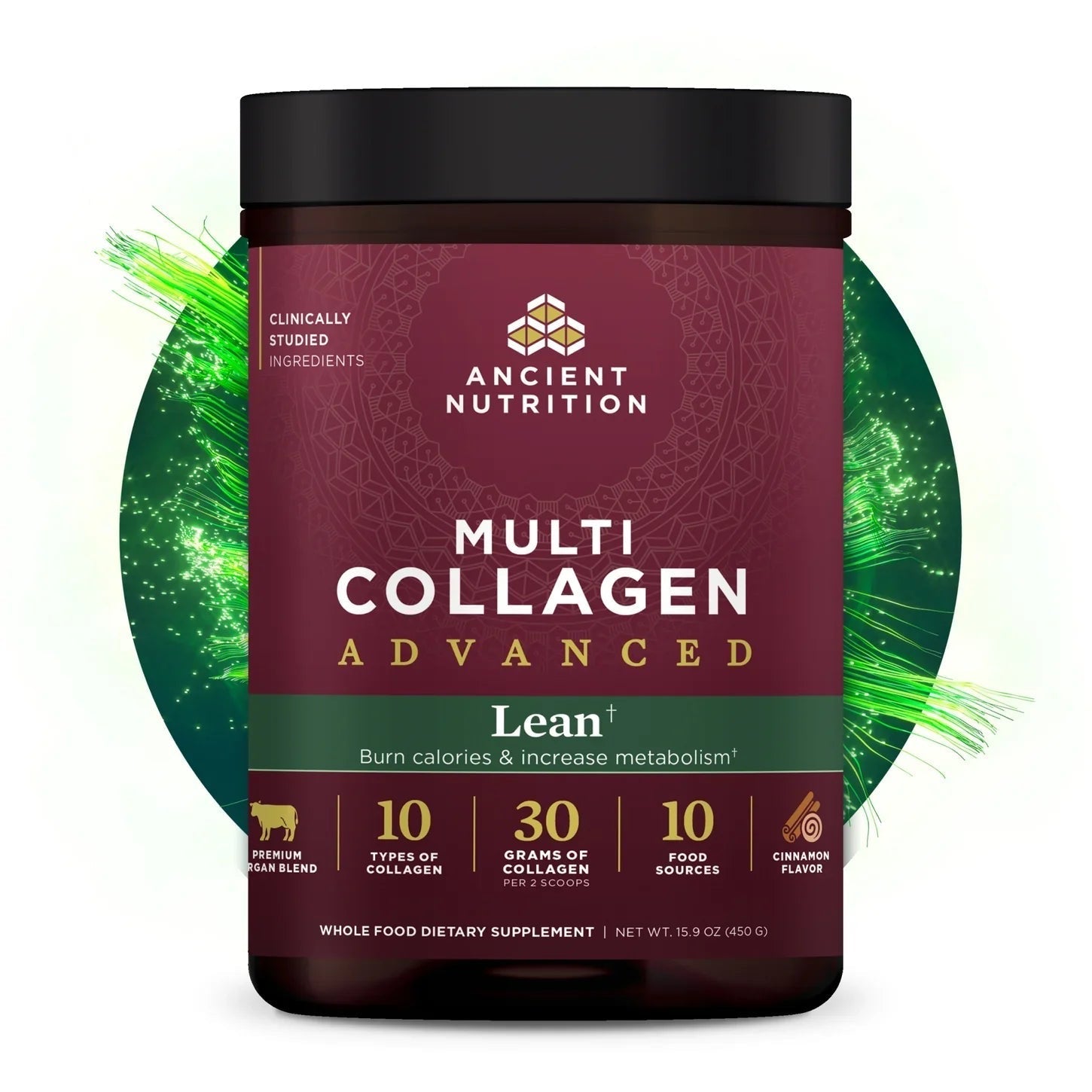
Emotional Wellness Month!
, 4 min reading time

, 4 min reading time
It is a great time to reflect on and assess your emotional health. It is important to understand not everyone handles life the same way and things can be different for everyone. But it is important to become more aware of it and how you can get support, get help and manage! Especially as the months start getting colder, shorter and darker, it is a common time of year for mental and emotional health to start changing.
A few common ways to proactive emotional wellness are prioritizing your self care, take a look at your stress levels, and get support. Emotional wellness is a crucial component of overall health that often gets overshadowed by physical health concerns. It encompasses our ability to manage stress, maintain positive relationships, and navigate the ups and downs of life with resilience. Prioritizing emotional wellness is not just about reacting to challenges but proactively fostering a balanced and fulfilling life. One of the cornerstones of emotional wellness is having a robust support system. Connecting with others and knowing where to turn when you need help can significantly impact your mental health.
Professional therapists and counselors can provide invaluable support by helping you navigate emotional challenges, develop coping strategies, and address underlying issues. Cognitive-behavioral therapy (CBT), mindfulness-based therapy, and other therapeutic approaches can be particularly effective for managing stress, anxiety, and depression.
Joining Support Groups is also a great way to work through hard time. Sharing experiences with others who are facing similar challenges can be comforting and insightful. Support groups, whether in person or online, offer a space for connection, empathy, and mutual encouragement. You are not alone. Leaning on trusted friends and family members can provide emotional relief and practical support. Open communication about your needs and feelings can strengthen these relationships and provide a network of care.
Self-care is not a luxury but a necessity for maintaining emotional wellness. It involves taking deliberate actions to care for yourself physically, mentally, and emotionally. Having a consistent daily routine can provide structure and a sense of stability. Incorporate activities that promote well-being, such as regular sleep patterns, balanced meals, and exercise. Practices such as meditation, deep breathing exercises, and yoga can help you stay grounded and manage stress. Setting aside time each day for mindfulness or relaxation can improve your emotional resilience.
Exercise is a powerful tool for boosting mood and reducing stress. Engaging in physical activity releases endorphins, which can improve your overall sense of well-being. Aim for at least 30 minutes of moderate exercise most days of the week. Engaging in activities that bring you joy and fulfillment is essential for emotional wellness. Whether it's reading, gardening, painting, or any other hobby, making time for these activities can enhance your overall quality of life.
In addition to traditional methods of self-care and support, certain supplements can play a role in enhancing emotional wellness. While they should not replace professional medical advice or treatment, supplements can complement other strategies for managing stress and supporting mental health.
A few of our favorites are;
Omega-3 Fatty Acids: Found in fish oil and flaxseed, omega-3 fatty acids are known for their anti-inflammatory properties and their potential benefits for mood regulation. They may help reduce symptoms of depression and anxiety.
*It is important to speak to a healthcare professional before starting or stopping any medication.
For more information on Emotional Wellness Supplements or any of our other products offered, call or click today!



